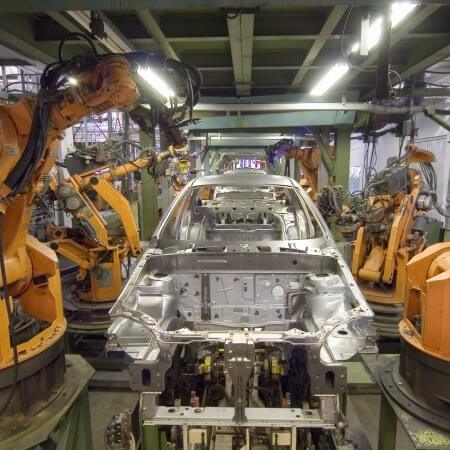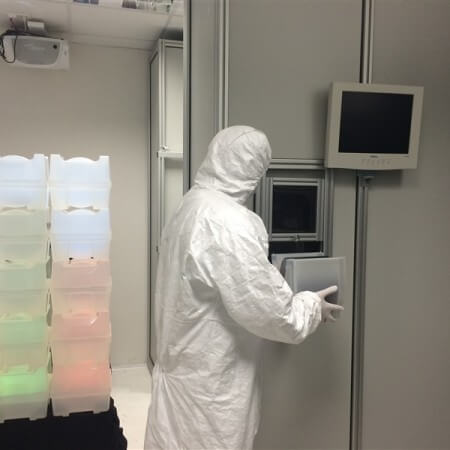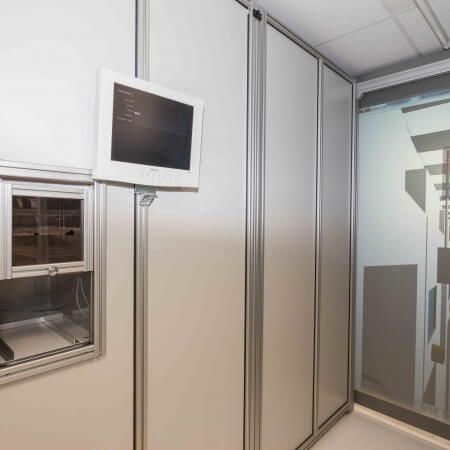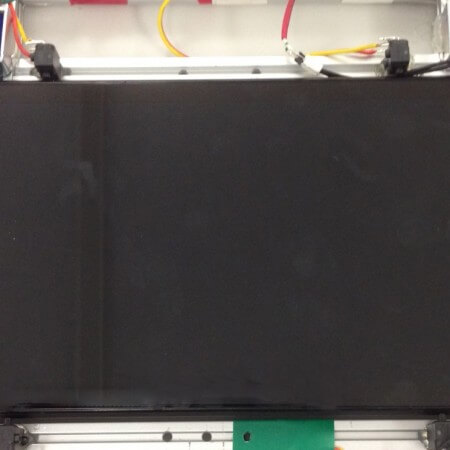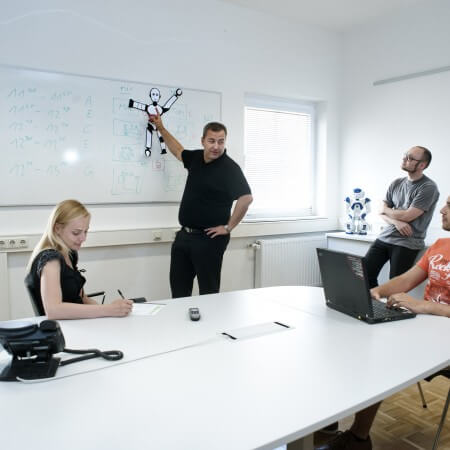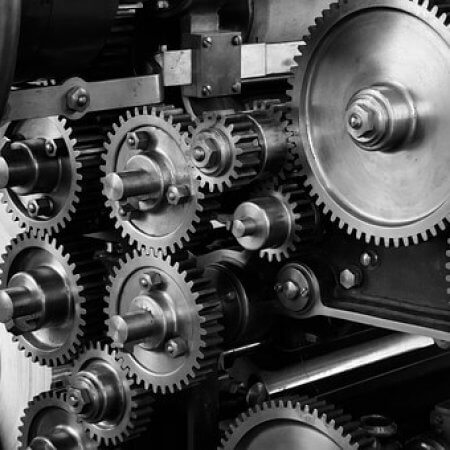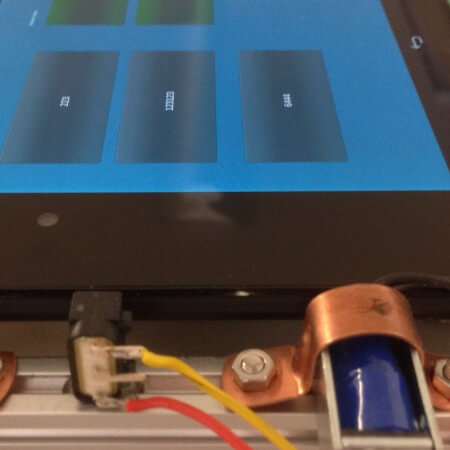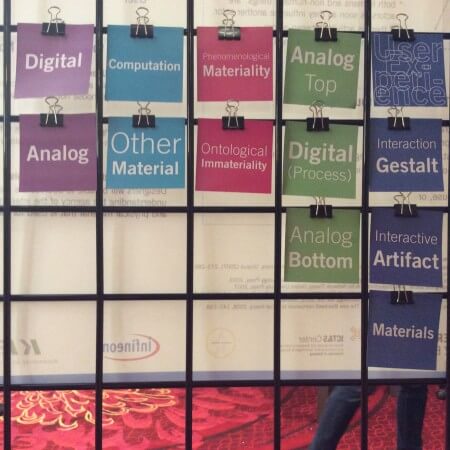Developments in industrial fabrication (e.g., increasing degree in automation, flexible production of individualized goods), which find expression in discussions on industry 4.0, cyberphysical systems, or Internet of Things (IoT), bring along a change of roles and demands for production workers, workplaces, and interaction technologies. At the same time, with personal fabrication a movement is taking place that aims at democratizing products and production. Technologies, such as 3D printers or lasercutters, allow a personal fabrication of goods in maker spaces, Fablabs, or even at private homes. While these two changes in the production of goods occur mainly independent from each other, they are both part of a societal process of change. The Fabrication Experience Lab is concerned with the challenges that result from these processes of change, in order to anticipatorily design life and work environments of the future. Both in industrial and personal production, we consider the interplay, or the interaction, between technology and humans as pivotal.
This understanding yields several questions: How do we have to design industrial and personal fabrication environments in order for interaction technologies to ideally support the human? How will the production employees’ work look like in the future? If, due to increasing automation, simple, repetitive tasks are discontinued, what opportunities/demands will open up for the human? How does our understanding of goods change due to the opportunity to produce them personally? Does our assessment of the produced physical good change in favor of immaterial goods?
Together with our partners from industry, we investigate these and related topics in several research projects. For example, we research human-computer interactions in a high-tech wafer production facility, as well as introduce and study design interventions during operation. Additionally, cooperating with industry allows us to investigate and design innovative assistance and control concepts in different manufacturing sectors. Combining contextual characteristics with current research paradigms of Human-Computer Interaction (e.g., natural or embodied interaction), as well as taking into account complementary activities in the realm of personal fabrication, we research and advance the manifold mechanisms and potentials of adequate interactions.
Consequently, our research focuses on how humans experience interactions (user experience or materiality) and their underlying technologies. Furthermore, we are driven by a methodological interest, i.e., we develop specific research and design methods for fabrication contexts. In order to connect scientific knowledge with experiences from industry, we initiate platforms with national and international partners.
Main Research Topics
- User Experience (UX) in the factory: assessing and evaluating facets of UX in workplaces (e.g., emotional responses to interactive technology, persuasive technologies) to inform the design of future workplaces
- Interaction techniques for fabrication: designing environments and interfaces that allow users to manage the complexity and demands of future workplaces
- Communication and cooperation in fabrication: creating interventions to improve communication within and across organizations
- Human-Centered Innovation: accompanying participatory change and innovation processes in a design-oriented manner
- Human-robot interaction: understanding collaboration between robots and humans, creating intuitive multi-modal interactions and feedback
